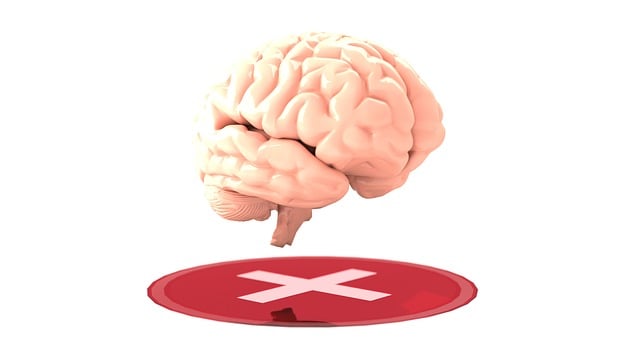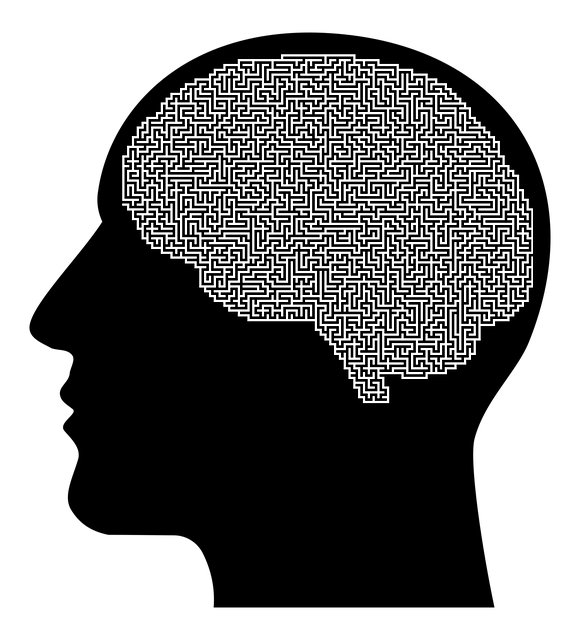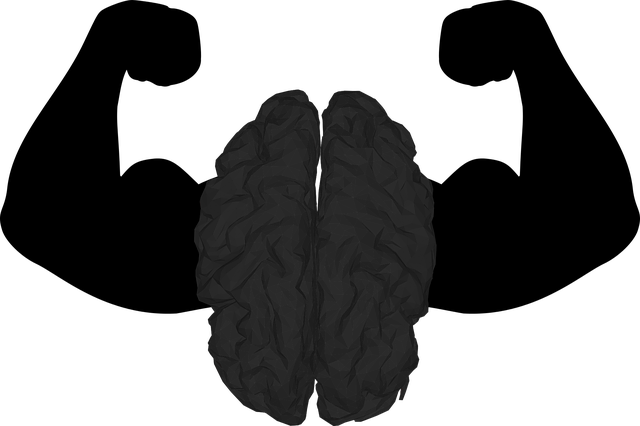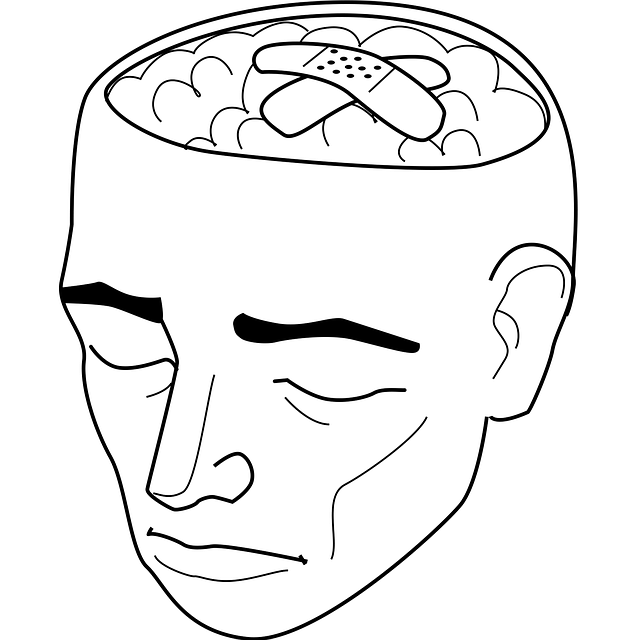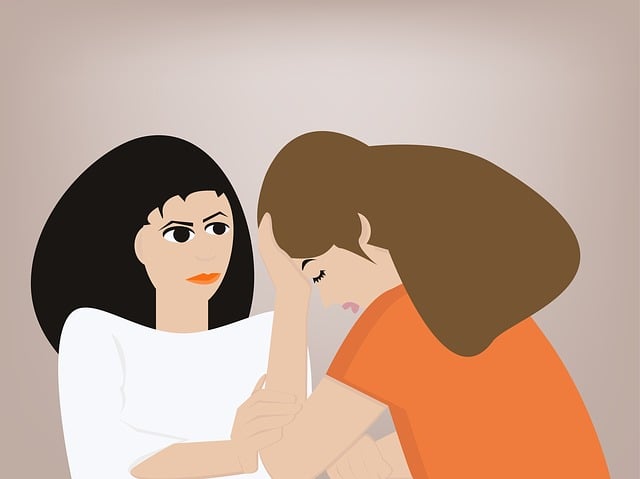Greenwood Village ADD-ADHD Therapy emphasizes inclusive, structured mental wellness group facilitation. Facilitators create safe spaces through active listening, cultural sensitivity, and risk assessment, fostering empathy and belonging. Interactive activities, tailored to diverse learning styles, empower participants. Effective behavior management techniques, including democratic decision-making and self-awareness exercises, improve focus and self-management. Continuous evaluation using quantitative and qualitative methods ensures positive outcomes, addressing coping skills, trauma support, and burnout prevention for all participants.
In today’s fast-paced world, mental wellness group sessions play a pivotal role in fostering support and understanding. For facilitators, mastering group dynamics is key to successful therapy, as seen in Greenwood Village ADD-ADHD Therapy programs. This article explores effective facilitation techniques, from creating safe spaces to engaging participants through interactive activities. We’ll delve into strategies for managing behavior, measuring success, and tracking progress, providing a comprehensive guide for enhancing group sessions.
- Understanding Group Dynamics for Effective Facilitation
- Creating a Safe and Supportive Environment
- Engaging Participants Through Interactive Activities
- Strategies for Managing Behavior and Maintaining Focus
- Measuring Success and Tracking Progress in Group Sessions
Understanding Group Dynamics for Effective Facilitation

Understanding group dynamics is a cornerstone of effective facilitation, particularly in mental wellness settings like Greenwood Village ADD-ADHD Therapy. Groups are complex ecosystems where individuals bring unique personalities, experiences, and challenges. A skilled facilitator must cultivate an inclusive environment that promotes open communication, encourages active participation, and respects individual boundaries. Techniques such as active listening, reflective questioning, and structured activities play a crucial role in navigating these dynamics, fostering trust, and creating a safe space for emotional expression.
Cultural sensitivity in mental healthcare practice is another vital aspect to consider. Facilitators must be mindful of the diverse backgrounds, beliefs, and experiences within their groups, ensuring that interventions are adaptable and relevant to all participants. Incorporating compassion cultivation practices can enhance this process by fostering empathy, understanding, and a sense of belonging. Moreover, risk assessment for mental health professionals is essential to monitor group interactions, identify potential issues, and ensure the safety and well-being of both facilitators and clients.
Creating a Safe and Supportive Environment

In facilitating mental wellness groups, creating a safe and supportive environment is paramount. This involves establishing a non-judgmental space where each participant feels heard, respected, and valued. At Greenwood Village ADD-ADHD Therapy, we emphasize building a community that fosters open dialogue and understanding. By encouraging active listening and empathy among members, facilitators can help individuals develop a sense of belonging and reduce the stigma often associated with mental health discussions.
A crucial aspect of this process is ensuring confidentiality and privacy, allowing participants to share their experiences freely. Incorporating techniques like role-playing exercises and group reflections helps in enhancing inner strength development and promotes an atmosphere where everyone can learn from one another’s journeys. These strategies are integral to the success of mental wellness coaching programs and public awareness campaigns that strive for a more inclusive and supportive societal landscape.
Engaging Participants Through Interactive Activities

In facilitating mental wellness groups, engaging participants through interactive activities is key to creating a dynamic and supportive environment in Greenwood Village ADD-ADHD Therapy settings. These activities go beyond traditional talks, incorporating hands-on exercises that encourage active participation. For instance, group members can engage in Mental Wellness Journaling Exercises, allowing them to reflect on their experiences and share insights with peers, fostering open communication. Interactive sessions also include positive thinking workshops, where participants learn practical strategies for stress management, enhancing their overall well-being.
Through these engaging activities, facilitators not only break monotony but also tailor the therapy experience to diverse learning styles. This approach ensures that each participant feels involved and empowered, contributing to a more meaningful group dynamic. By combining Mental Wellness Journaling Exercise Guidance with interactive discussions on positive thinking and stress management, facilitators create a holistic environment that addresses various aspects of mental wellness in a supportive Greenwood Village ADD-ADHD Therapy setting.
Strategies for Managing Behavior and Maintaining Focus

In facilitating mental wellness groups, particularly for individuals with Attention Deficit Hyperactivity Disorder (ADHD) in Greenwood Village ADD-ADHD Therapy settings, effective behavior management is key. Group facilitators should establish clear rules and expectations from the outset to create a structured environment that encourages active participation and focus. This can be achieved through democratic decision-making processes where members contribute to setting group guidelines. Regular breaks can also help maintain concentration during sessions, allowing participants to recharge while ensuring minimal disruption.
Additionally, incorporating Self-Awareness Exercises and Conflict Resolution Techniques facilitates better understanding among group members. Structured activities that encourage reflection on emotions and triggers enable individuals to develop self-management strategies. Moreover, teaching effective communication skills through Stress Management Workshops helps participants navigate interpersonal dynamics, fostering a supportive atmosphere conducive to learning and personal growth. This holistic approach not only enhances focus but also empowers group members with tools to manage their mental wellness effectively.
Measuring Success and Tracking Progress in Group Sessions

Measuring success and tracking progress are crucial aspects of effective group facilitation, particularly in mental wellness sessions at Greenwood Village ADD-ADHD Therapy. Facilitators should adopt a multi-faceted approach to assess individual and collective growth. One method is through pre- and post-session surveys that gauge participants’ perceptions of their well-being, coping abilities, and overall satisfaction with the group. These tools provide quantitative data on the impact of sessions over time.
Additionally, qualitative methods like open-ended feedback forms or one-on-one interviews offer deeper insights into personal journeys. By collecting such information, facilitators can adapt their strategies, ensuring that the group remains responsive to members’ evolving needs. This continuous evaluation is key in promoting positive outcomes and fostering a supportive environment for everyone, especially those seeking coping skills development, trauma support services, or burnout prevention strategies for healthcare providers.
Group facilitation techniques are a powerful tool for enhancing mental wellness, as seen in Greenwood Village ADD-ADHD Therapy. By understanding group dynamics, creating safe spaces, engaging participants through interactive activities, managing behavior effectively, and tracking progress, facilitators can foster supportive environments that promote significant improvements. These strategies not only enhance the therapeutic experience but also equip individuals with valuable skills for navigating social interactions and personal growth.
